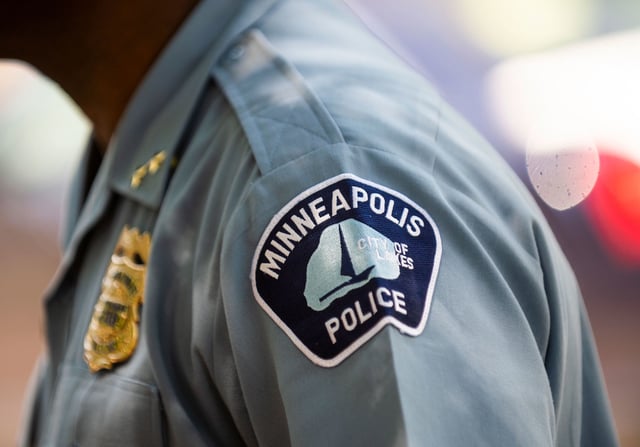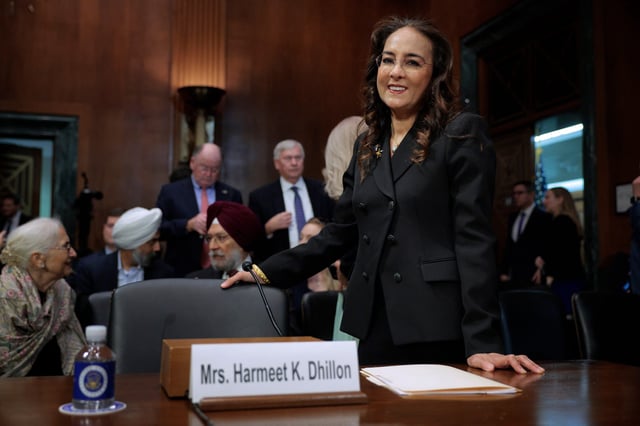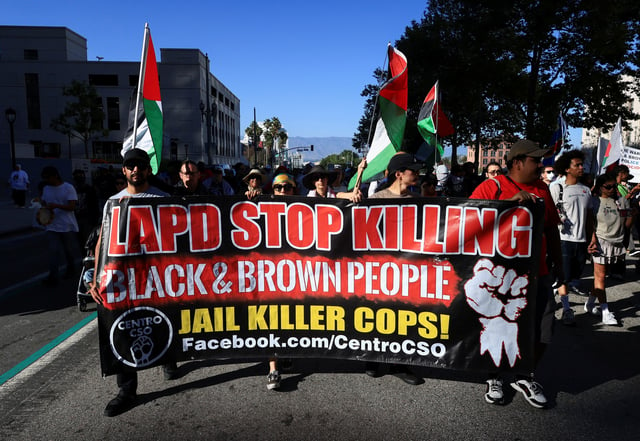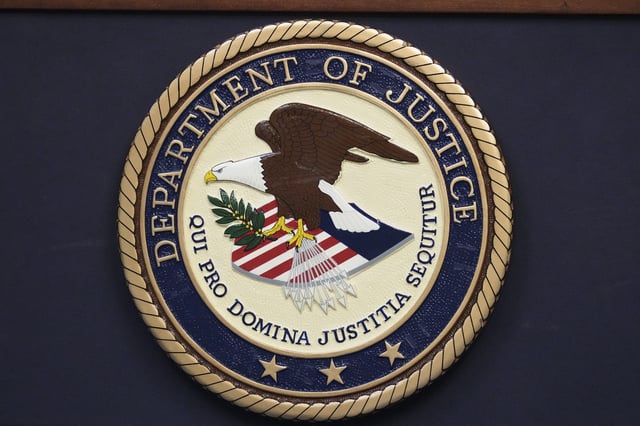Overview
- The DOJ, under Assistant Attorney General Harmeet Dhillon, announced the dismissal of consent decrees with Minneapolis and Louisville, citing concerns over local control and flawed legal foundations.
- This decision also includes retracting findings of unconstitutional policing and closing investigations into six other departments, including Phoenix, Memphis, and the Louisiana State Police.
- Minneapolis and Louisville city leaders reaffirm their commitment to implementing reforms outlined in the federal agreements, with Minneapolis also bound by a separate state-level consent decree.
- The move represents a broader shift in the Civil Rights Division's priorities under Dhillon, focusing less on systemic policing oversight and more on issues like alleged antisemitism and diversity initiatives.
- The announcement comes just before the fifth anniversary of George Floyd's death, a pivotal moment that spurred calls for police reform and racial justice worldwide.



